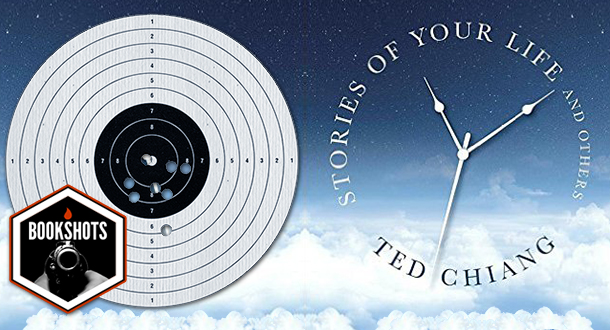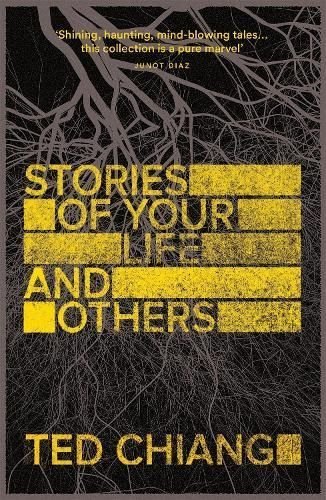


If you had knowledge and intelligence that transcended the possibilities of a normal human brain, would you attempt helping humankind evolve, or would you disassociate and try to satisfy all your curiosities? I loved the idea, wasn’t too keen on the execution, although the climax was quite clever-would make for a very different action-suspense science fiction movie, but would be wonderfully suited to be adapted into one. This was a bit dense with the science, until you realize that that is exactly the point and the only way to narrate a story like this. The core question it asks is basically: How far should humanity really go in pursuit of knowledge? It was his first published work and earned him a nomination for the Hugo Award for best novelette, and proceeded to win the Nebula Award. This one, along with the title story, was my favorite. Even the stories I wasn’t very into had some of the most original ideas I’ve ever come across, and most of these will stay with me for a very long time. the title story is, but I can tell you that the last story in the collection is empirically correct, so I’ll take the rest at face value and suspend my disbelief. I can’t vouch for how accurate the science in e.g. He’s a technical writer in the software industry, and it shows in his style, so you’ve got to be open for that sort of thing. I’ve never read anything quite like it, and judging from the number of prestigious literary awards these stories were showered in, apparently I’m not the only one who thinks so. That’s what I found so stimulating in Ted Chiang’s writing-it’s not character-driven or plot-based, but about elaborating on an abstract idea. It would maybe be more fitting to describe these as speculative fiction even though I didn’t love them all, they certainly all have incredibly original ideas at their root. This leads to more theological/philosophical questions about good, evil, God, and what it means to be human-and at what point we cease to be such. I picked it up after seeing Arrival, which I found to be the most original and refreshing take on a sci-fi trope that I’d seen in a long time, maybe ever.Ĭontrary to most mainstream sci-fi, these stories are about the inner space and ideas, especially about analyzing patterns of mathematics, linguistics, and neuroscience.

This is Ted Chiang’s only collected published work, and it’s truly something else.


 0 kommentar(er)
0 kommentar(er)
